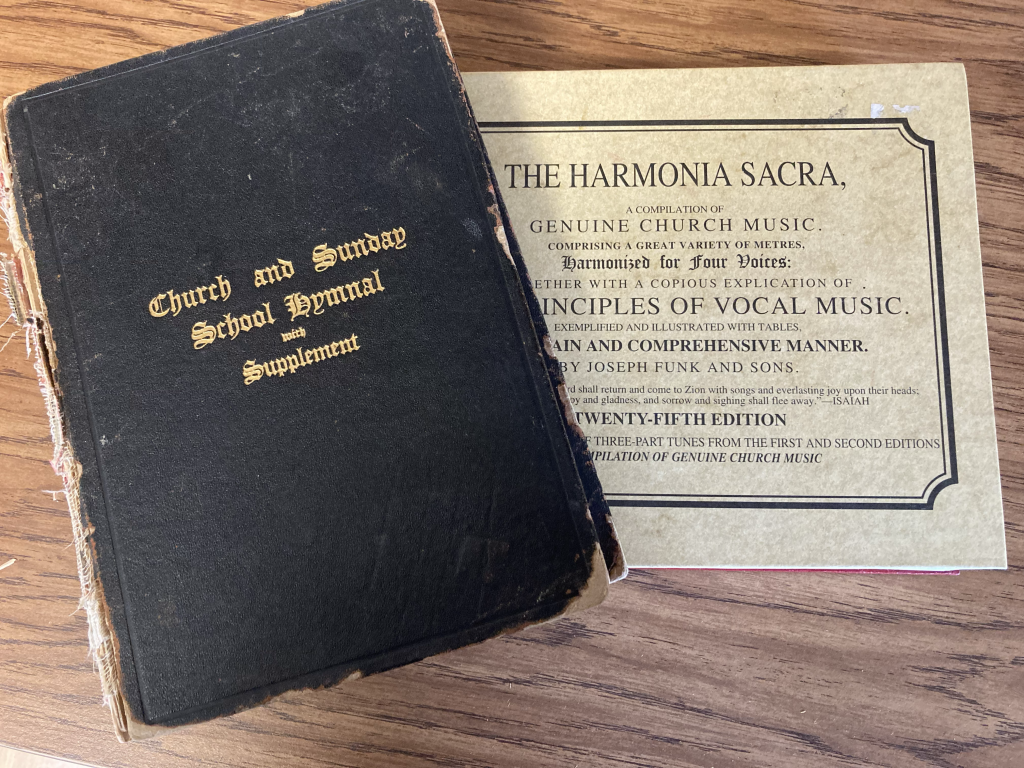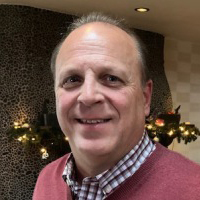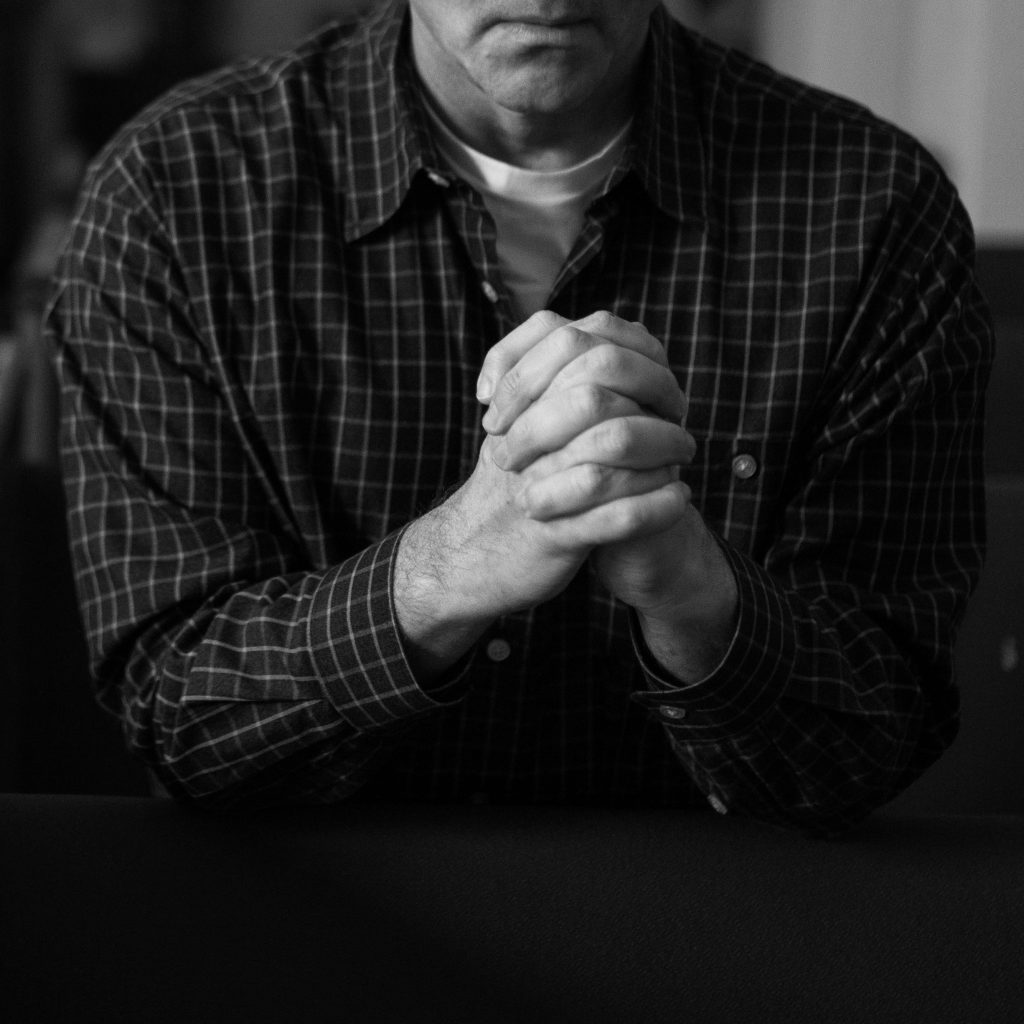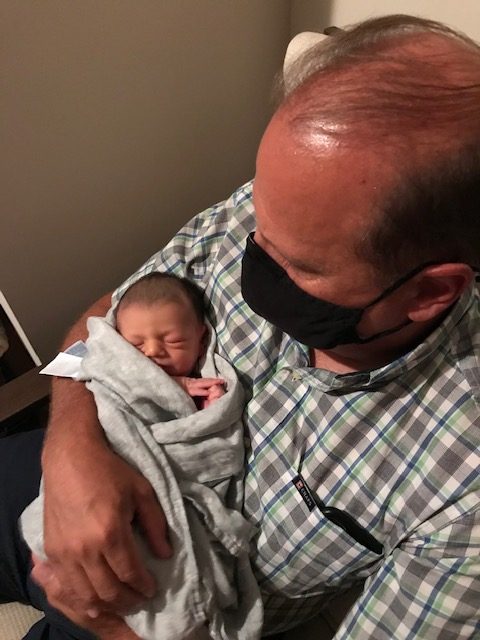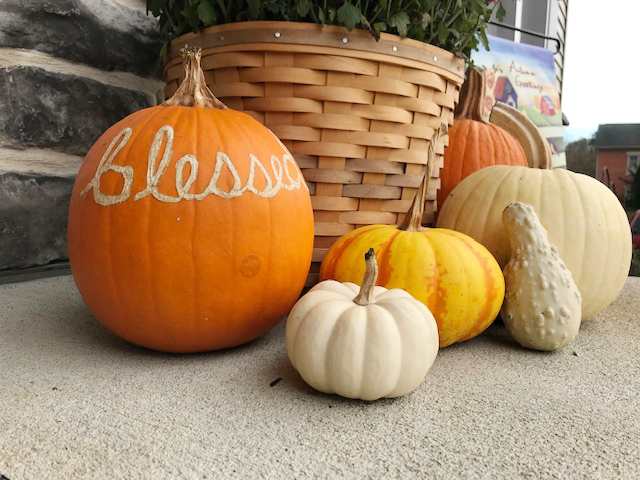I am often asked, “What does a pastor do?” The question is meant to probe into what my job entails outside of the three hours I am on duty Sunday mornings. I don’t begrudge the person for asking the question; in today’s world, employees need to justify their time at work, and pastors are often seen as employees of the church.
So, when answering the “what” question, I am often tempted to prove my worth and tell them every detail of my weekly schedule. My duties range from visiting the sick or homebound members, counseling folks, and planning worship and sermons, to setting up tables and chairs and other janitorial duties.
But instead, my answer is usually a snarky, “Not a whole lot. It is a great job that only requires me to work one day a week!” That comment usually ends with an awkward silence followed by some laughter.
Last month, I was in line at a grocery store, talking with the person in front of me. When the person asked the “what” question of me after I said I was a pastor, another person behind me in line, who was listening in, followed up by asking simply, “Why?”
Somewhat startled, I asked, “Why what?” The person said that she wanted to know why anyone would want to be a pastor. Then she shared that her spouse was a former pastor who had been deeply hurt by people’s mistrust, harsh words, unmet expectations, and insinuations. Not only had this pastor left the ministry, but he also left his faith behind in the wake of all his pain and hurt. After I heard about this couple’s experience, the “why” question to me was completely appropriate.
In that moment, I wondered how or even if I should respond to the “why” question. I have gone through times of disappointment and discouragement in ministry. I have experienced failures, challenges, and made many mistakes. An honest answer may have been to tell the woman that I often wonder “why” I am doing this as well.
Yet, my response to the “why” question was simply that I felt called by God to the pastoral office. And that feeling of call makes all the difference as other pastors and l live into our ministry communities and react to the struggles and pressures that our churches are experiencing today.
I cannot help but recall the years that I spent on the Credential Committee of Mosaic Conference. Whenever we interviewed new pastoral candidates, the first question we asked them was about their call to ministry. The candidates answered the “why” question with a passionate sense of God’s call on their lives to serve the church.
Perhaps we have simply forgotten that God has called our pastors. God has given them a purpose and passion for ministry. Pastors are not perfect. Pastors have families, personal struggles, and emotional issues that affect their lives and their ministries. And pastors certainly do not have all the gifts necessary to lead and guide their churches by themselves.
But that is why we are called to serve in the church with many other members and gifts. If we allow our pastors to focus on their call to serve rather than on all the tasks and expectations that many put on them, their ministry will be fulfilling, inspiring, and life-changing to everyone. Let’s pray that our pastors will experience a renewed sense of God’s call on their lives and that the congregations will allow them to minister and live in the “why” with passion, love, and humility.



